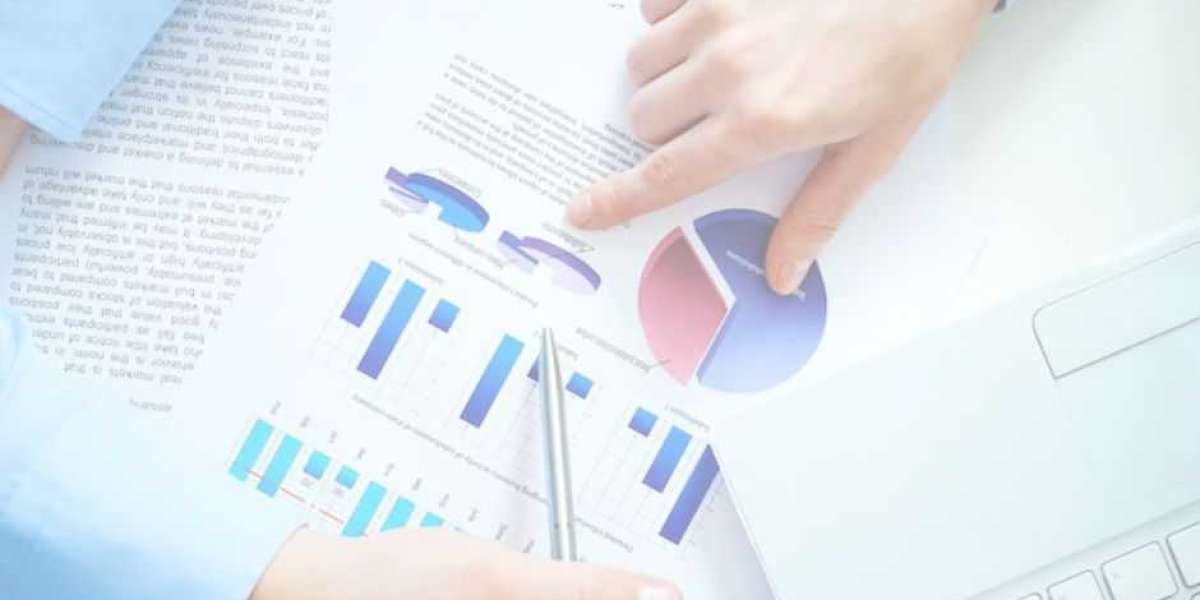PMO addiction—an acronym for Pornography, Masturbation, and Orgasm addiction—is a compulsive behavior that can have significant negative impacts on an individual’s mental health, relationships, and overall well-being. Like any addiction, recovering from PMO addiction is a process that involves several stages, each with its own challenges and milestones. Understanding these stages can help you prepare for the journey ahead and set realistic expectations for your recovery. Here’s what you can expect as you navigate the path to overcoming PMO addiction.
1. Recognition and Acknowledgment
The first stage of recovery is recognizing that you have a problem and acknowledging the impact it has on your life. This can be one of the most difficult steps because it requires honesty with yourself about behaviors you may feel ashamed of. During this stage, you might experience feelings of denial, guilt, or confusion. However, acknowledging your addiction is a critical step toward healing.
What to Expect:
- A mix of emotions, including relief for finally facing the issue and fear of what comes next.
- The desire to understand how and why the addiction developed.
- The first steps toward seeking help, such as researching the topic or reaching out to a trusted person.
2. Decision to Change
Once you’ve acknowledged your addiction, the next stage involves making a firm decision to change. This commitment is essential, as recovery requires consistent effort and determination. During this stage, you may set goals for yourself, such as reducing or eliminating your consumption of pornography, masturbation, or orgasm-related activities. You might also begin to explore different treatment options, such as therapy or support groups.
What to Expect:
- A strong sense of motivation mixed with anxiety about whether you can achieve your goals.
- The creation of a plan, including setting boundaries, avoiding triggers, and identifying resources for support.
- Initial attempts to change your behavior, which may include setbacks or relapses.
3. Early Withdrawal
As you begin to abstain from PMO behaviors, you may experience withdrawal symptoms, especially if the addiction has been severe or long-term. These symptoms can be both physical and psychological, as your body and mind adjust to the absence of the behaviors you’ve relied on for so long.
What to Expect:
- Physical Symptoms: Fatigue, headaches, insomnia, changes in appetite, and irritability.
- Psychological Symptoms: Anxiety, depression, mood swings, increased cravings, and difficulty concentrating.
- A heightened sense of vulnerability as you cope with these challenges.
4. The Adjustment Period
After the initial withdrawal phase, your body and mind will begin to adjust to life without PMO. During this stage, you might find that the intensity of withdrawal symptoms decreases, but you’ll still face ongoing challenges. This is a crucial time for reinforcing your commitment to recovery and developing new, healthier habits to replace the old behaviors.
What to Expect:
- A gradual decrease in the intensity of cravings and withdrawal symptoms.
- An increase in emotional stability, though challenges and temptations will still arise.
- A focus on developing coping strategies, such as mindfulness practices, exercise, and engaging in fulfilling activities.
5. Managing Triggers and Preventing Relapse
Even as you make progress in your recovery, you’ll need to remain vigilant about managing triggers—situations, emotions, or stimuli that might tempt you to return to PMO behaviors. Identifying and avoiding these triggers, or learning how to cope with them in a healthy way, is key to preventing relapse.
What to Expect:
- Occasional cravings or thoughts about PMO, particularly in response to stress or specific triggers.
- The need for ongoing self-reflection and adjustment of your coping strategies.
- Building and maintaining a strong support network, including therapy, support groups, or accountability partners.
6. Long-Term Recovery and Maintenance
The final stage of recovery involves maintaining your progress and continuing to grow. Long-term recovery isn’t just about avoiding PMO behaviors; it’s about creating a fulfilling, balanced life that doesn’t rely on addiction for satisfaction or escape. This stage is ongoing, as recovery is a continuous process that requires regular attention and effort.
What to Expect:
- A stronger sense of control over your behaviors and emotions.
- Increased self-awareness and personal growth, including improved relationships and self-esteem.
- Ongoing vigilance to prevent relapse, including regular check-ins with yourself or a therapist.
- Continued use of the healthy habits and coping mechanisms you’ve developed throughout your recovery.
Conclusion
Recovering from PMO addiction is a challenging journey, but understanding the stages of recovery can help you navigate it with greater confidence and resilience. Each stage presents its own set of challenges, but with commitment, support, and the right strategies, you can move from recognition to long-term recovery. Remember, recovery is not a linear process—it’s normal to experience setbacks or moments of doubt. What matters most is your willingness to keep moving forward, one step at a time. By staying focused on your goals and taking care of your mental and emotional health, you can overcome PMO addiction and build a healthier, more fulfilling life.







